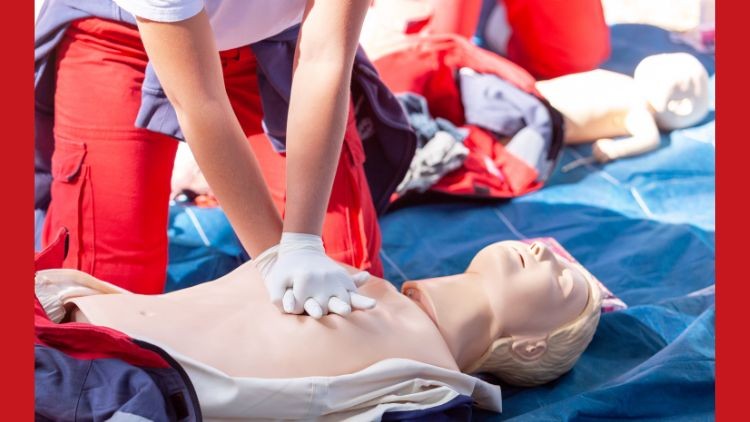Description
This course provides an overview of pharmacology, the study of how drugs interact with the body to treat or prevent illness. You’ll learn about different drug classes, mechanisms of action, and routes of administration. The course covers essential topics like drug absorption, metabolism, and potential side effects. Additionally, you’ll explore the role of pharmacology in various healthcare fields, including pain management, mental health, and chronic disease treatment. By the end of this course, you’ll have a foundational understanding of how medications work, common drug interactions, and the importance of safe and effective medication use. Ideal for those pursuing careers in healthcare or pharmaceutical sciences, this course provides crucial insights into the principles of drug therapy.






Muntari –
“This course was an exceptional introduction to pharmacology. The material was well-organized and presented in a clear and engaging manner. The instructor’s expertise and enthusiasm for the subject were evident throughout. The assignments and quizzes were well-designed to test my understanding and help me retain the information. I highly recommend this course to anyone interested in gaining a foundation in pharmacology.”
Omotayo –
“I highly recommend the ‘Introduction to Pharmacology’ online course. The content was comprehensive and well-organized, providing a solid foundation in the principles and applications of pharmacology. The interactive modules and quizzes kept me engaged and challenged my understanding. The course instructor was knowledgeable and approachable, ensuring a supportive learning environment. Overall, this course has significantly enhanced my understanding of pharmacology and its role in modern healthcare.”
Fatai –
“The ‘Introduction to Pharmacology’ online course has been an exceptional learning experience. The interactive modules and engaging videos kept me captivated throughout, while the quizzes and assessments reinforced my understanding. The course provided a comprehensive overview of the field, from basic concepts to drug mechanisms and clinical applications. I highly recommend this course to anyone seeking an accessible and enriching introduction to pharmacology.”
Suleman –
“The “Introduction to Pharmacology” online course was an absolute game-changer for me. The comprehensive content, interactive simulations, and expert instructors provided an immersive learning experience that made understanding pharmacology concepts effortless and enjoyable. The course structure allowed me to learn at my own pace, while the engaging assignments and quizzes kept me motivated throughout. The newly acquired knowledge has significantly enhanced my understanding of drug therapies and their clinical applications. Five stars, highly recommended!”
Zuwaira –
“As a healthcare professional, I found the ‘Introduction to Pharmacology’ online course to be an invaluable resource. The comprehensive curriculum, engaging lectures, and interactive exercises provided a thorough foundation in the principles of pharmacology. The course’s clear organization and accessible language made it easy to understand complex concepts. I appreciate the opportunity to learn at my own pace and the flexibility to revisit material as needed. This course has significantly enhanced my knowledge and confidence in pharmacological decision-making, empowering me to provide better care to my patients.”
Gbenga –
“This ‘Introduction to Pharmacology’ course was an incredibly educational experience. The instructor’s expertise and clear explanations made the complex concepts accessible and engaging. The interactive exercises and case studies provided invaluable hands-on practice, helping me to grasp the practical applications of pharmacology. I highly recommend this course to anyone looking to gain a solid foundation in this field.”